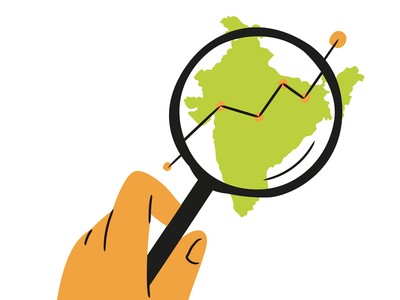Differing countries come with varying risk levels, both operationally and for investing, as changes in the business environment in a country might adversely affect the free cash flow, the value of assets or the ability of companies to trade. This is often referred to as political risk, which covers the likelihood of a change in government destabilising investment.
Democracies will have greater continuous political risk, as autocratic governments are better positioned to promise and deliver stability. However, when change does occur this can cause rapid spikes in risk, due to the extensive impacts across the country or even the wider region. Autocratic governments also tend to lack checks and balances, which leads to this risk going undetected for prolonged periods. Looking at the Economist’s Democracy Index, the world is currently skewed
towards authoritarianism.
Risk is not confined to just politics, it incorporates varying factors. War and violence can lead to a higher cost base. Corruption can be viewed as an implicit tax on business, with tax revenues directed towards intermediaries, rather than directly to the government. Companies are also subject to legal systems.
From reading this you would assume country risk is a controllable variable. However, some countries have naturally been given a stronger hand. This can be seen with commodity dependency, as smaller countries specialise in a niche, creating an inherent dependency. Life cycle dynamics are also at play, as a country at the early stages of economic growth will have a greater risk exposure than a mature country. Finally, climate change dynamics also create varying risk exposures.
Most investors consider the US as the benchmark for low country risk, but the process is more of an art than a science and must be consistently monitored due to an ever-changing global landscape.




